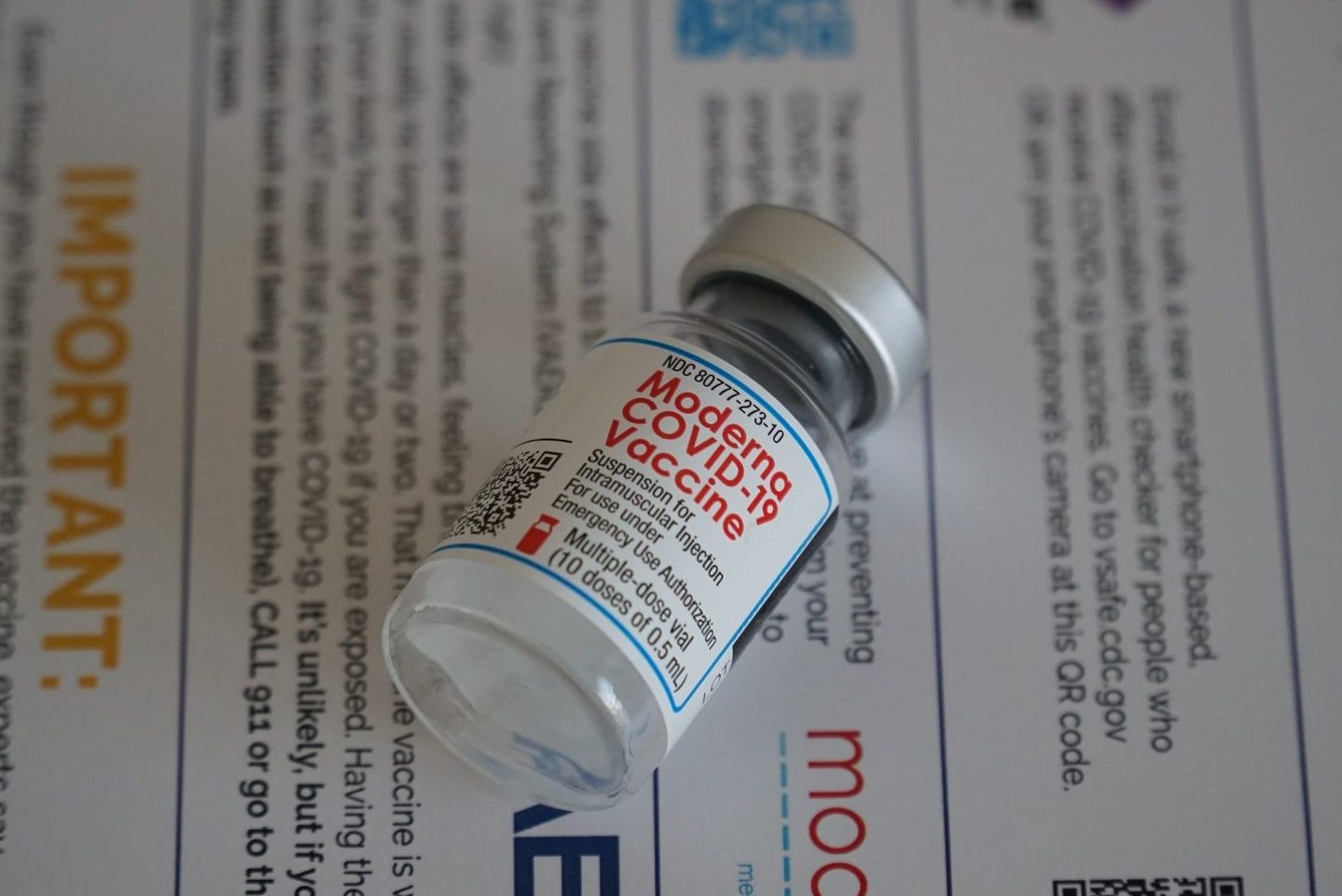OTTAWA – Health Canada has approved the country’s first updated “bivalent” COVID-19 vaccine formulated to attack the original COVID strain and the BA.1 Omicron variant.
On Sept. 1 Health Canada approved the adapted Moderna Spikevax vaccine as a booster for Canadians aged 18 and older.
To be eligible for the shot, four months must have passed since completing a primary vaccination series, or receiving a previous booster dose.
However, the National Advisory Committee on Immunization (NACI) continues to advocate for six-month intervals between booster doses unless there is “heightened epidemiologic risk” to allow “time for the immune response to mature in breadth and strength.”
According to federal Health Minister Jean-Yves Duclos, 780,000 doses will arrive in the country on Sept. 2, and within the “next few weeks” 10.5 million doses will have arrived.
Health Canada says the booster is safe and effective, with clinical trials suggesting the booster dose “triggers a strong immune response” against both variants.
“It was also found to generate a good immune response against the Omicron BA.4 and BA.5 subvariants, and is expected to extend the durability of protection,” states a press release from Health Canada.
There were 814 males and females involved in the trials, with 437 people receiving the bivalent vaccine, and 377 receiving Moderna’s original vaccine.
Immune responses of those injected with the new vaccine were compared to the responses of those who received the original. Follow-ups were made with participants for six weeks after receiving the dose.
No deaths or cases of myocarditis or pericarditis were reported.
Trials concluded the new vaccine formulation “induces similar responses to the [original strain] and significantly higher responses” to Omicron, when compared to Moderna’s original vaccine.
“This means that the booster is expected to offer protection against this variant,” states a Health Canada regulatory decision summary.
The updated vaccine is said to cause similar side-effects seen with other vaccines, primarily involving arm pain, swelling, fatigue, headache, muscle aches, joint stiffness, chills and nausea or vomiting.
NACI is recommending those with plans for fall boosters do not wait for the arrival of the bivalent vaccine, especially when it comes to those at increased health risks because of a COVID-19 infection.
According to Health Canada, Moderna is required to continue providing information to the government on the safety and efficacy of its vaccine at three- and six-month intervals following the approval.
“This will provide [Health Canada] with more data from ongoing studies and real-world use to ensure that the benefits of the vaccine continue to outweigh any risks, as well as to detect any potential new safety signals,” the press release states.
Ontario Health Minister Sylvia Jones said on Thursday the “exact timing of deliveries is still being confirmed” but the first is expected “next week.”
“Initial shipments will be limited and therefore those most vulnerable, including long-term care residents and staff, will receive these first doses,” Jones said, in part.
The province intends to expand eligibility when delivery of additional doses is confirmed, but no timeline was provided.




